Patricia Encarnacion is an Afro Caribbean multidisciplinary artist, activist and scholar living in the Bronx, New York City. The pilar that holds the ideologies behind her work is the desire to tell untold stories in the Caribbean, that have been reduced to a place incapable of creating knowledge, while serving as a holiday destination. Encarnacion aims to portray a discourse that encourages building bridges for the diasporic community from the Caribbean, Dominican Republic in particular. Using the aesthetics of quotidian Caribbean objects, landscapes, and bodies as a visual vehicle to create her images and further dismantle biased histories and imposed social roles. We had the pleasure to exchange with Patricia to dive into her art practice for Caribeart‘s latest interview series.
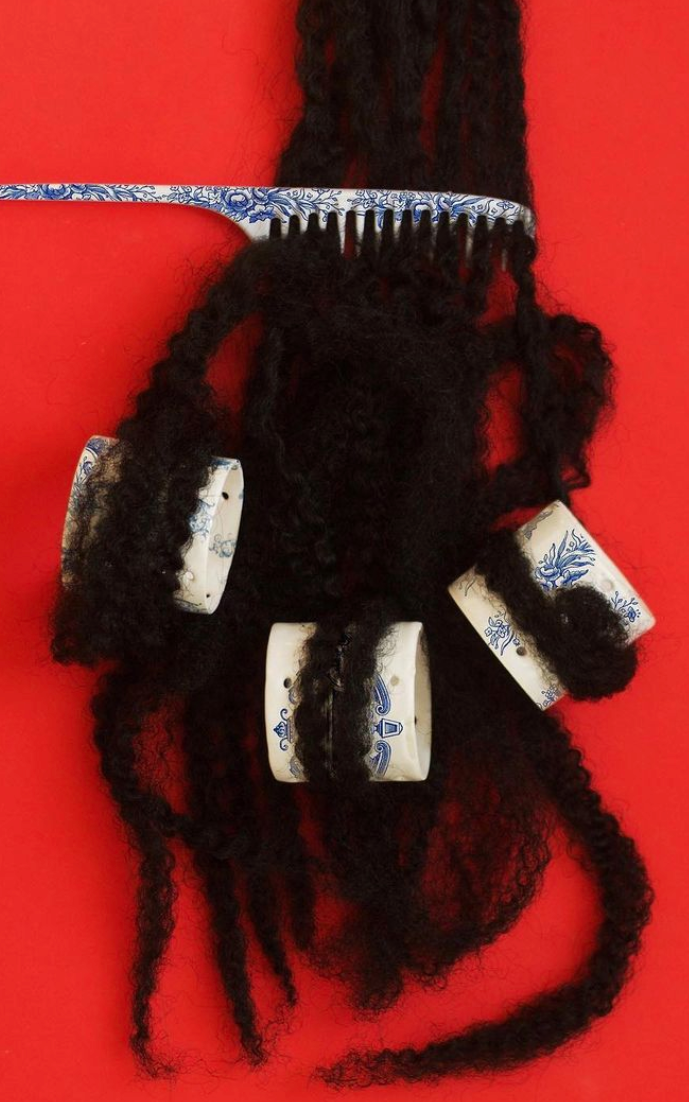
A small homage to my long-gone long hair.
Growing up with a Salon in the patio of my house and my mom being a salonera, this phrase resonates so deeply…
oh, the memories of those Sunday afternoons, me running away from my mom’s screams calling me to get my hair done, are like nightmares I would not want to revive.
It’s crazy how something as superficial but at the same time so personal as one’s hair, can be such a trauma source for so many black and brown women out here…
___________
C – El Negro Detrás de la Oreja (The Black Behind the Ear) is a powerful series in which you created porcelain pieces that highlight the influence of colonial narrative on Caribbean culture despite African and Taino roots. What was your thought process and contextual research behind this series?
P – This series began with the feeling that the poem “El Negro Detrás de la Orjea” by Juan Antonio Alix produced in me when I read it for the first time. With his Décima (a form of poetic verse), this Dominican poet scolds his people for their eagerness to deny their African, black roots fervently. It struck me how this 19th-century poem was still so relevant, and in 2014 I decided to start this series with ceramics and porcelain since it is a material that the three main ethnic groups that support the Dominican culture used. I aim to demonstrate how these colonial narratives still impact the daily behavior of my people. And even though most of our daily life is influenced by our African and Taino heritage, we insist on only recognizing European roots. The language and everyday objects are my vehicles to connect with my audience. I contextualize these elements to invite reflection on these colonial behaviors and at the same time celebrate the beautiful heritage (languages, aesthetics, habits, etc.) that our ancestors have left us.
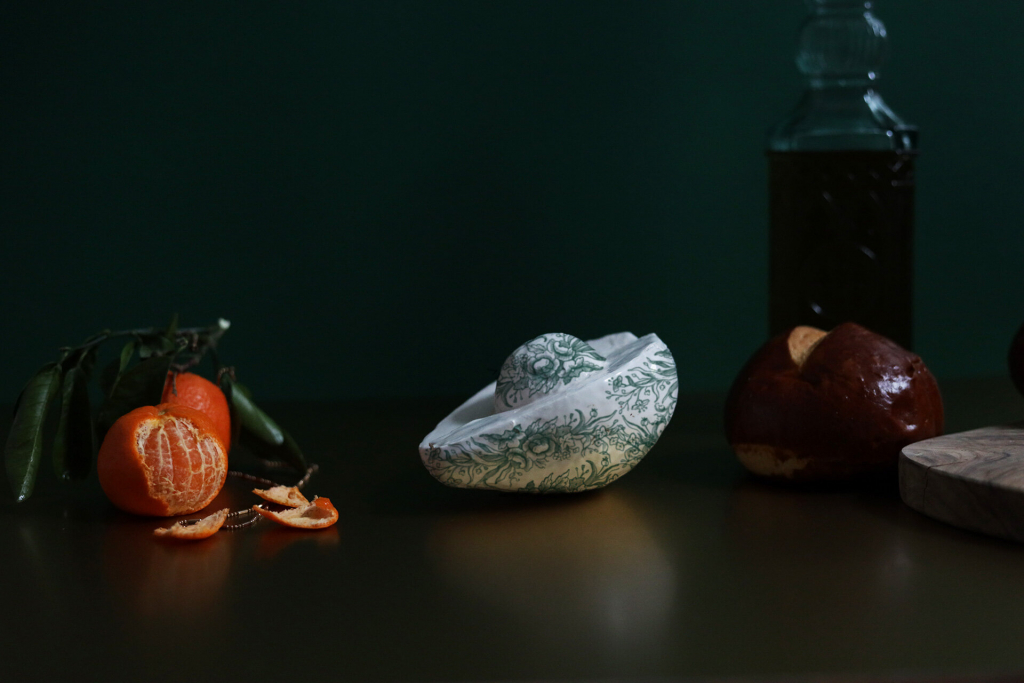
Through a series of popular objects cast in porcelain and photographs, I create compositions with minimalist aesthetics interpreting popular Dominican phrases to depict ‘Dominicanidad’ in a decolonial context.
This project highlights how the culture of the Caribbean tends to be defined through the voices of its colonizers, thus excluding the rich heritage of our African and Taino ancestors.
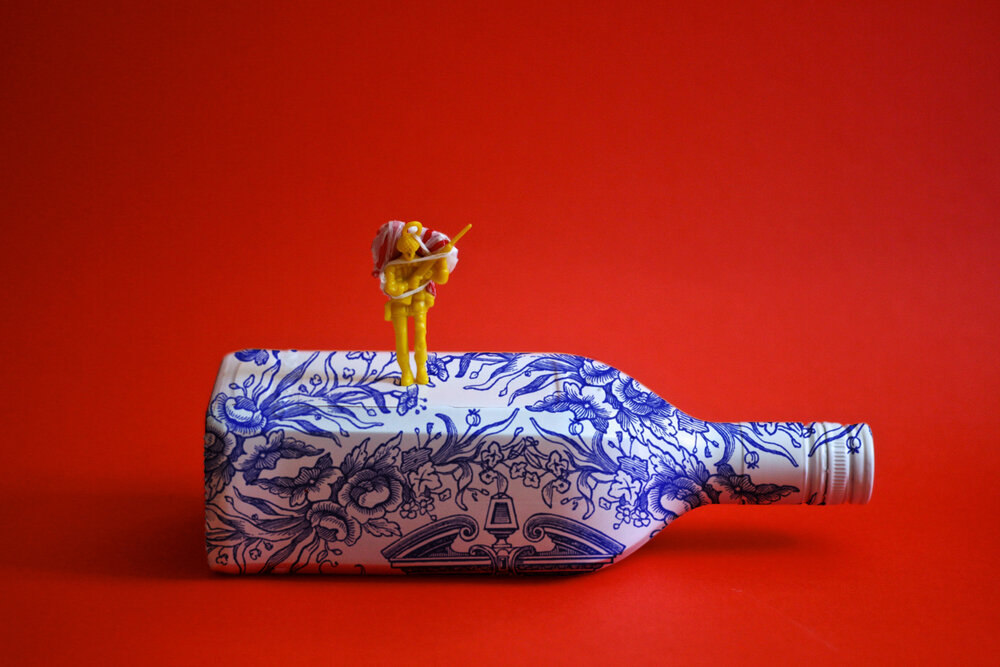
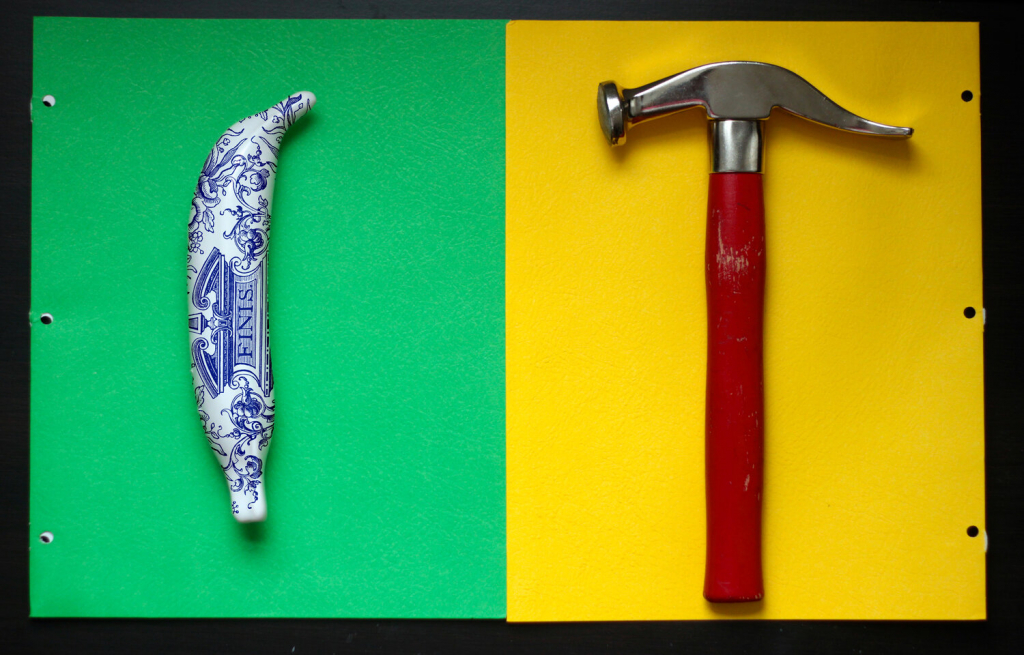
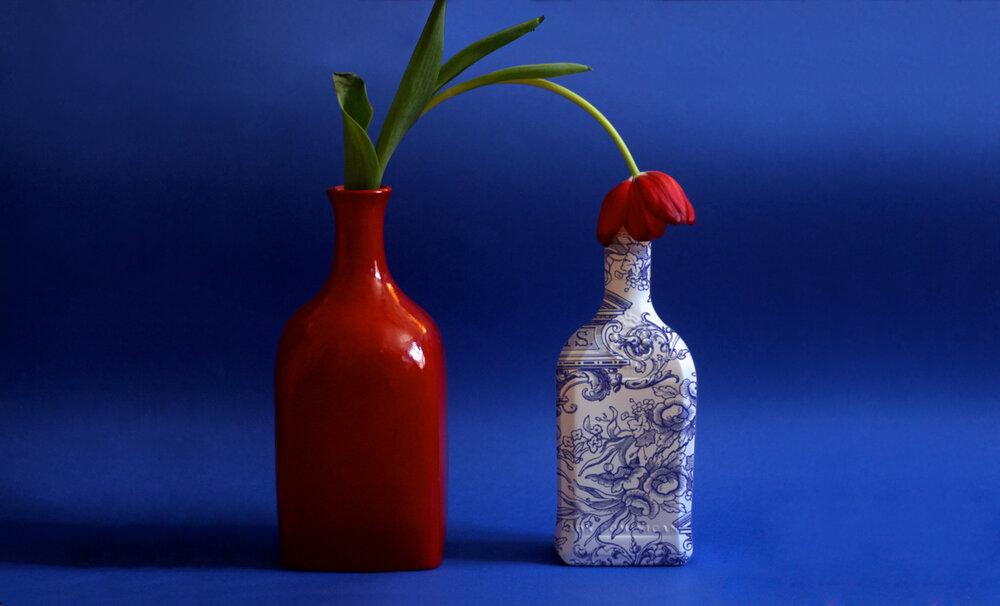
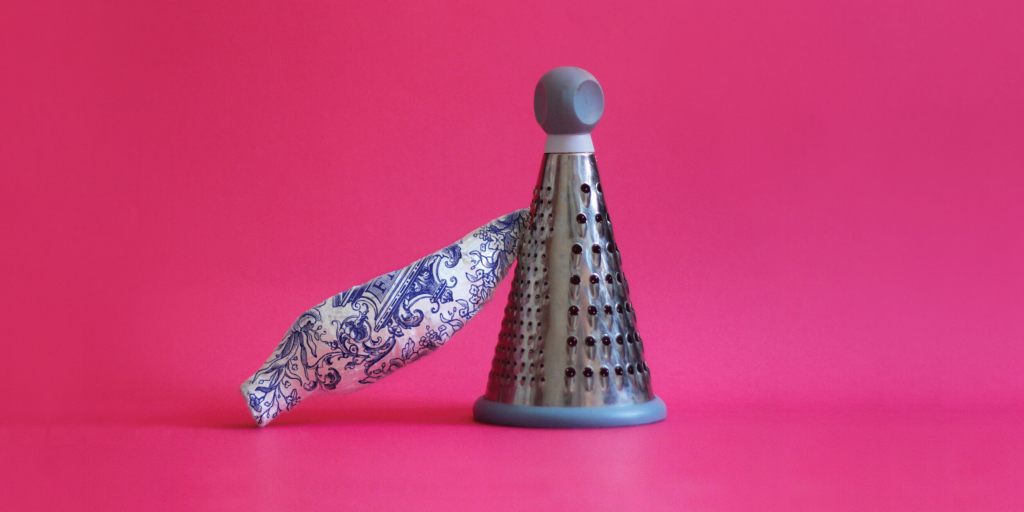
It is essential to showcase and preserve the Caribbean culture and artists to inform our contemporaries and our future generations as a curatorial practice.
C – You explore issues that speak to the entire Caribbean due to our common colonial history, intersectional and silent experiences that hold violent stigmas. Can you tell us about how your activism started and where you see it going?What is the response to your work?
P – My activism began in the early stages of my life. It (sadly) started as a form of rejection and dissociation from my own culture, without realizing that my culture and the hegemonic practices perpetrated by the Dominican state and global north were two distinct things. Once I separated these two things, the state from my identity, I was able to direct my activism to the celebration of Caribbean culture and attack the systematic oppressions (racism, misogyny, emigration, etc.) that initially made me reject the culture and even myself. Self-decolonization is a process of evolution and growth of constant work. Little by little, I continue to enrich my anti-colonial vocabulary and practice, which is the pillar that supports and will continue to support my activism and my work.
C – ‘I am From Where You Vacation’ is a breathtaking series that challenges Caribbean mainstream perception as ‘Paradise’ and its exotification. What drew you to create this body of work ? Where do you source material for collage? Who do you collaborate with in your photographs?
P – Thank you again for contacting me and describing my body of work in this way; it humbles me. “I am From Where You Vacation” is a series that derives from my series “Tropical Limerencia,” where I work on the idea of obsessive love (or the malpractice of loving) of a group of people and individuals towards others. In this analysis process, I realize that these acts of “Limerence” (obsession) are exercised similarly from one region to another. I associated this line of thought with the idea of the Caribbean as a “paradise” and how the tourism industry exploits this narrative. And at the same time, it is rhetoric promoted by the northern world to delimit the Caribbean region to just a place to vacation, positioning the locals as disposable bodies in the background of their paradise experience.
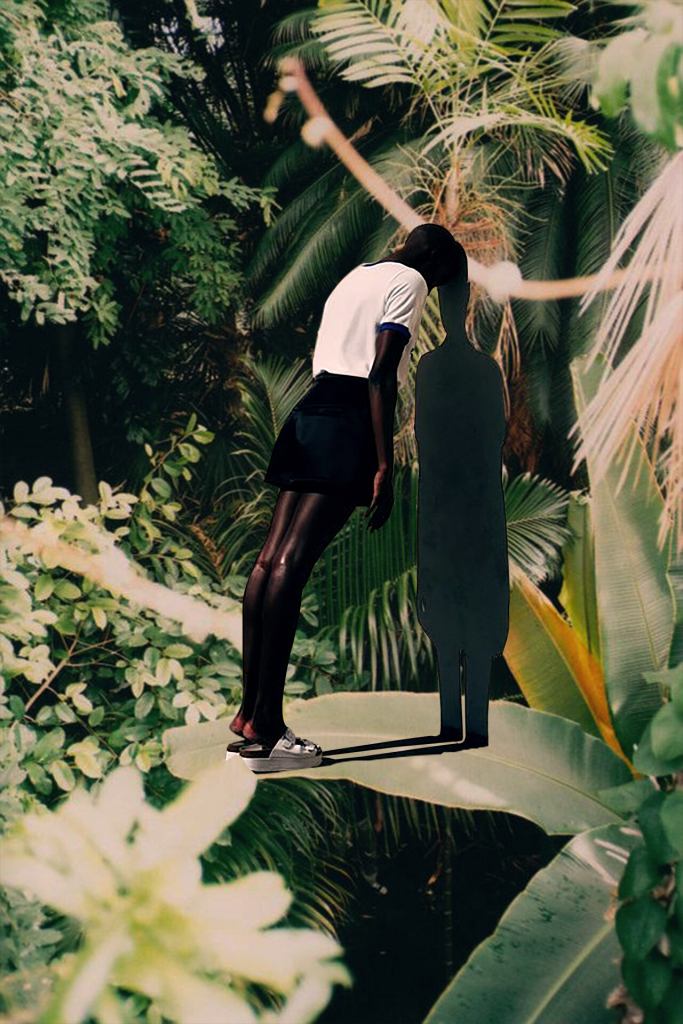
P – This series wants to center and empower the bodies that inhabit these spaces through surreal (and sometimes absurd) landscapes and demonstrate the polarized experiences that can be experienced in the Caribbean depending on who the individual is. I have an archive of images that I find on the internet of gateway campaigns and how the Caribbean is portrayed when it is searched on the internet. I place them in the way that a Caribbean person could create (from their point of view) these campaigns.
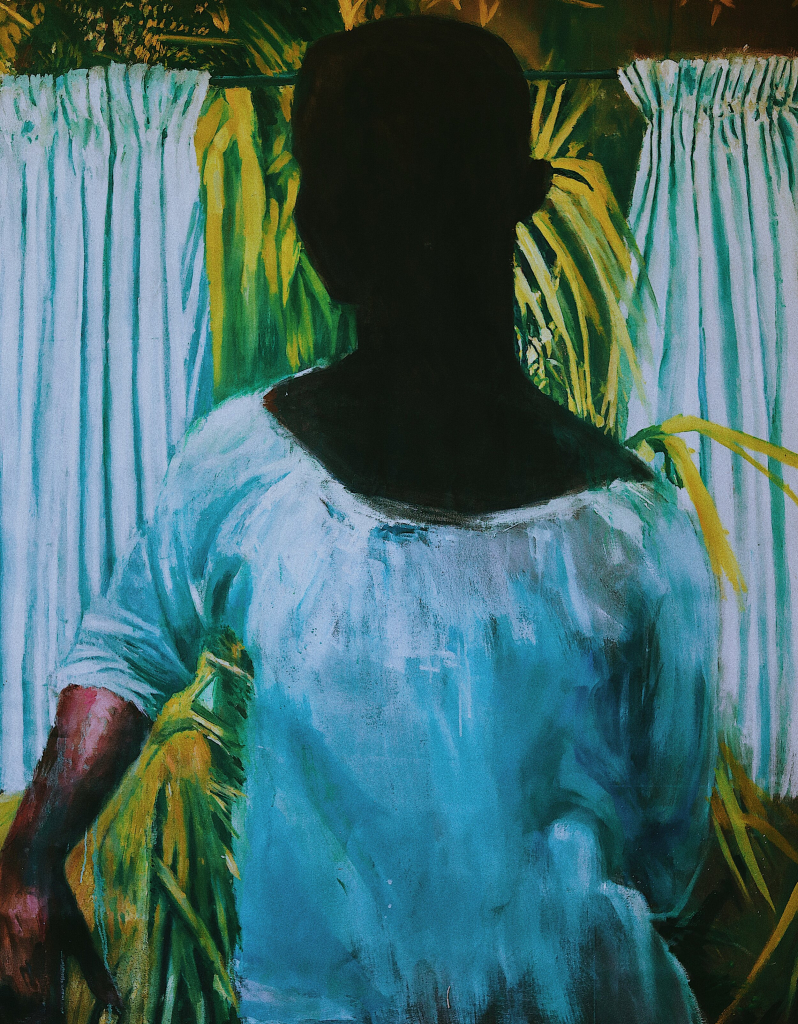
P – These compositions were initially intended as storyboards for a series of videos that I would like to make one day. In the end, this series criticizes the local elites and the type of tourism practiced in the Dominican Republic, limiting locals’ access to their own land. At the same time, I am exploring my experience of how I had to become an immigrant to afford to enter these spaces, acknowledging my privilege while exposing how I will never be welcomed (nor treated) in the same way to a (white) foreigner.
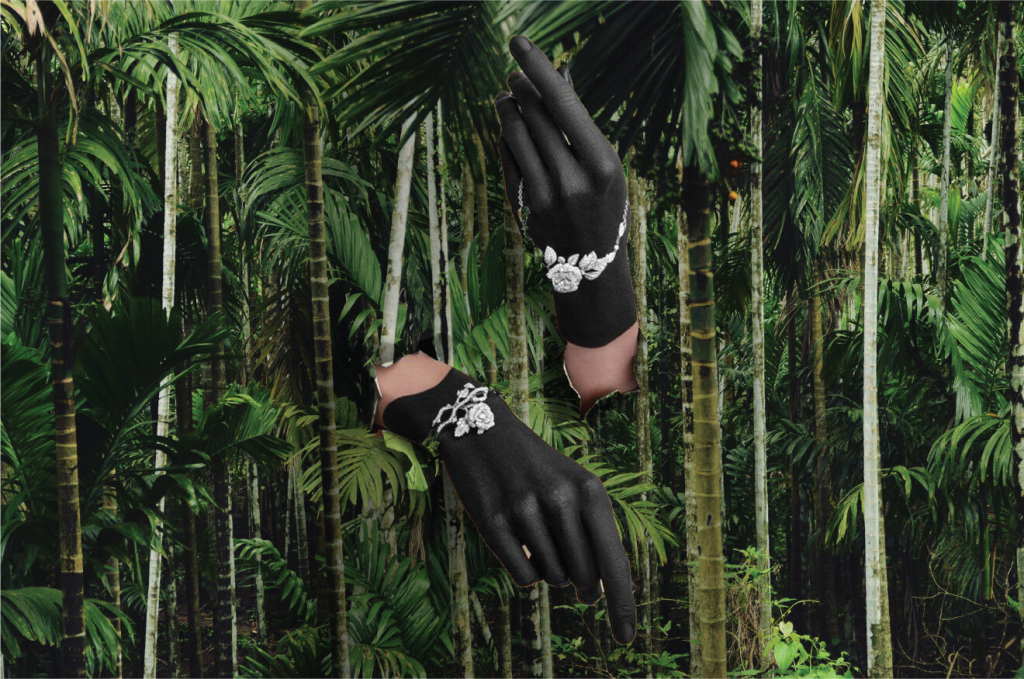
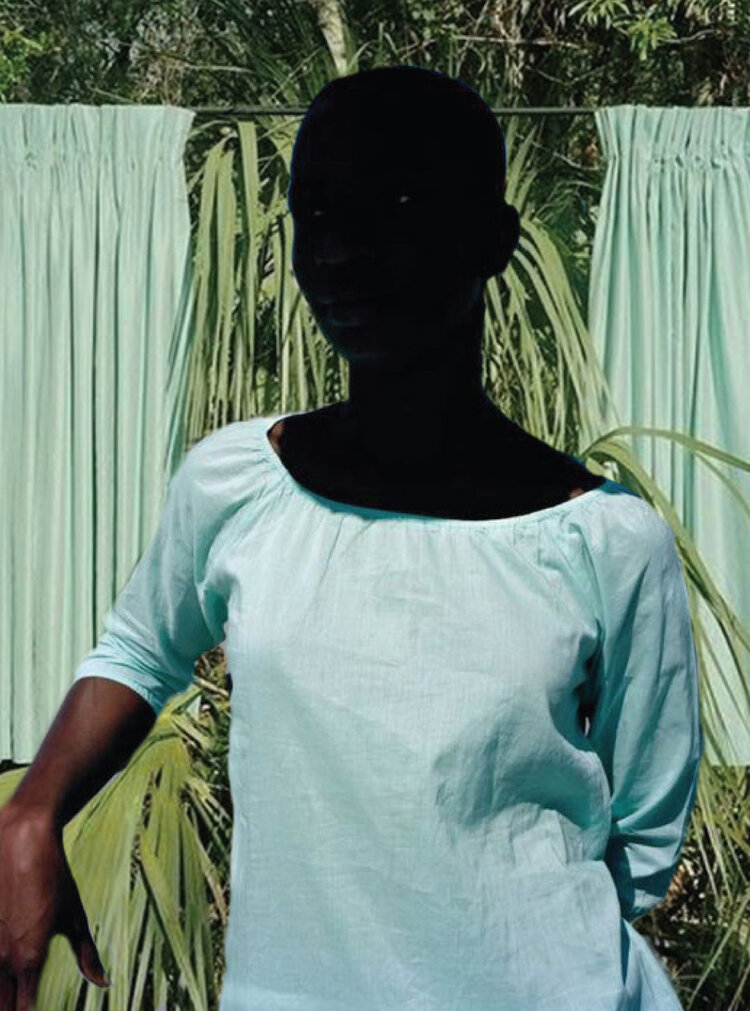
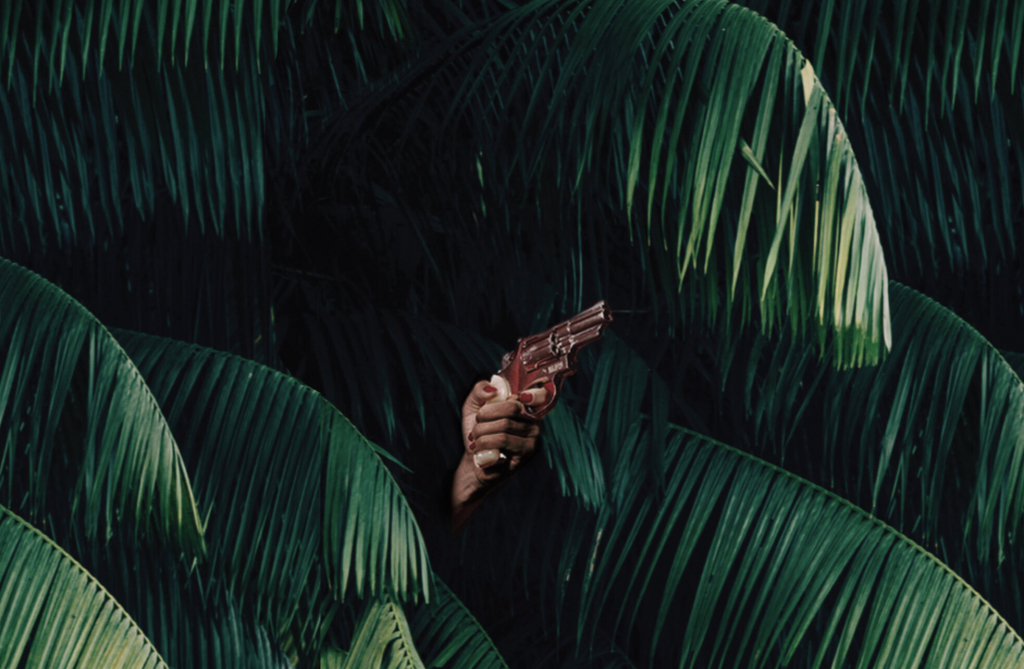
My body of work is the counterpart of the quotidian in which I use Caribbean aesthetics that I grew up familiar with as the main visual language to dissect, understand and be in constant touch with my identity. As a Dominican and woman of color, I decode the prejudices built by society by questioning, analyzing, and openly exposing its origins; allowing my speech to transcend from being merely political to anthropological and humanistic. Through these practices, I have concluded that my urge to research the “unknown” historical and psychological background of my identity is rooted in the nuances of tropical aesthetics, the decolonization, and the dismantling of imposed social roles and history. As an interdisciplinary artist and designer, I explore these concepts through diverse media such as ceramics, photography, and video. This provides the flexibility to explore different points of view around Caribbean quotidian objects, nature, bodies, and artifacts.
– Patrizia Encarnacion
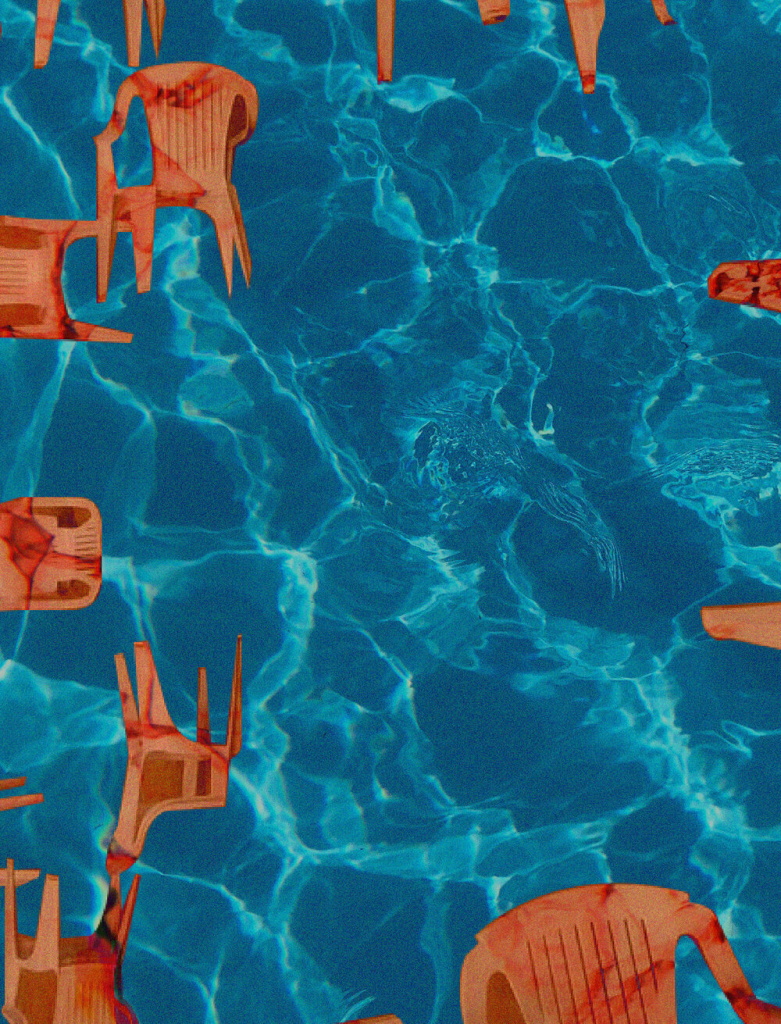
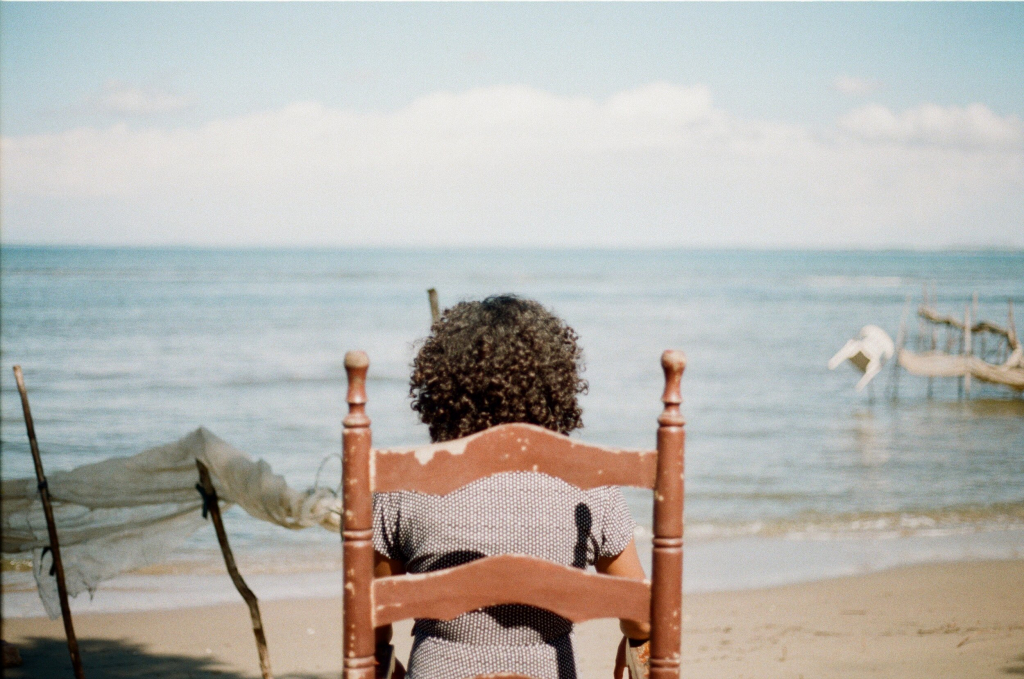
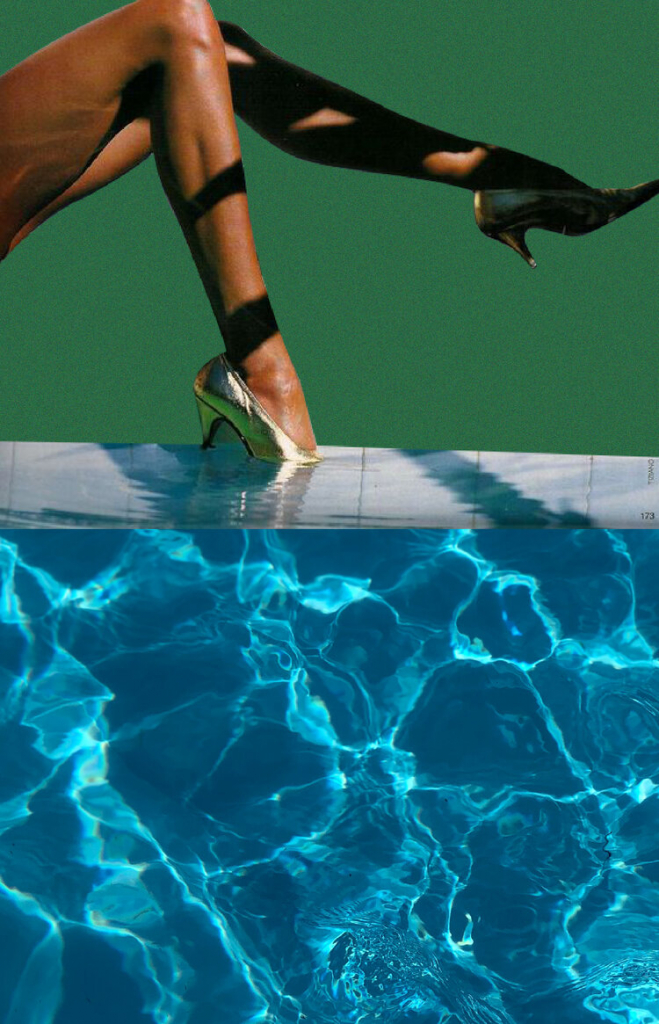
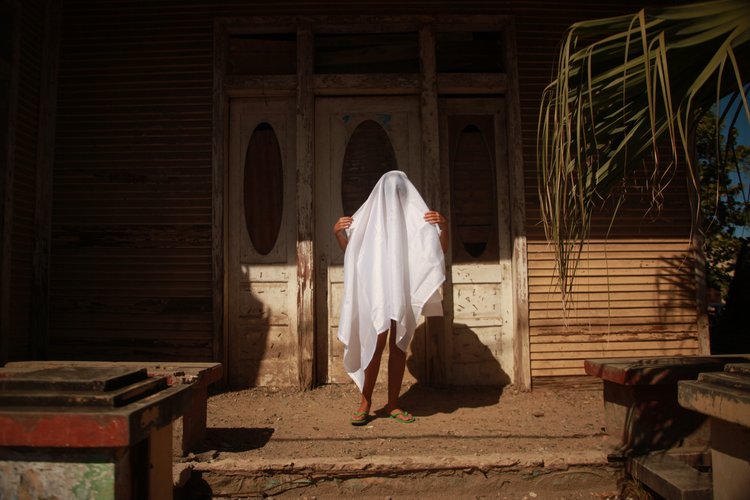
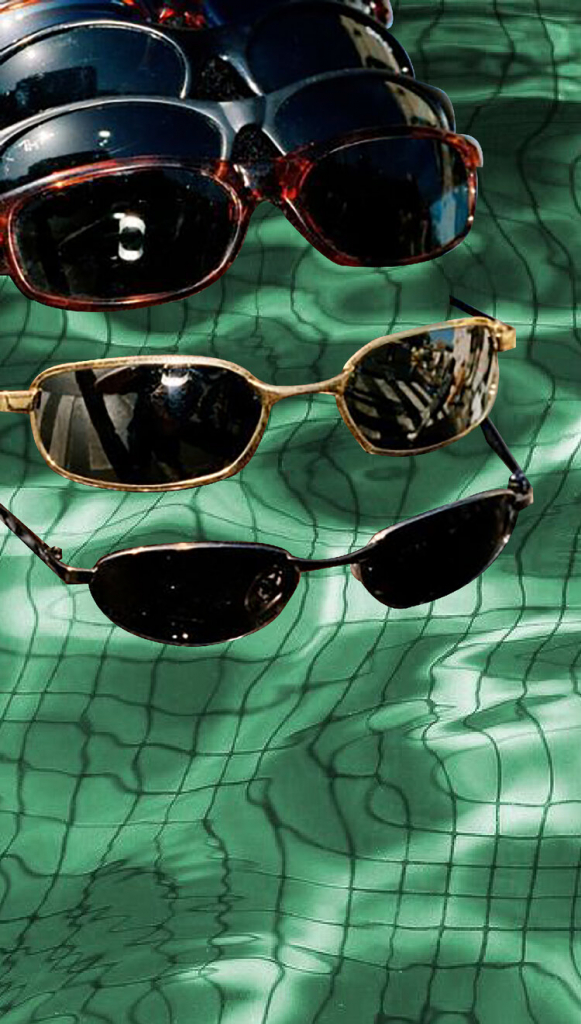
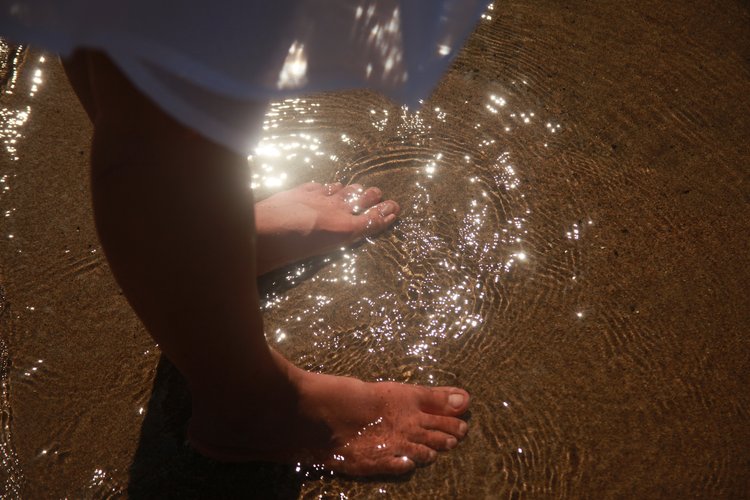
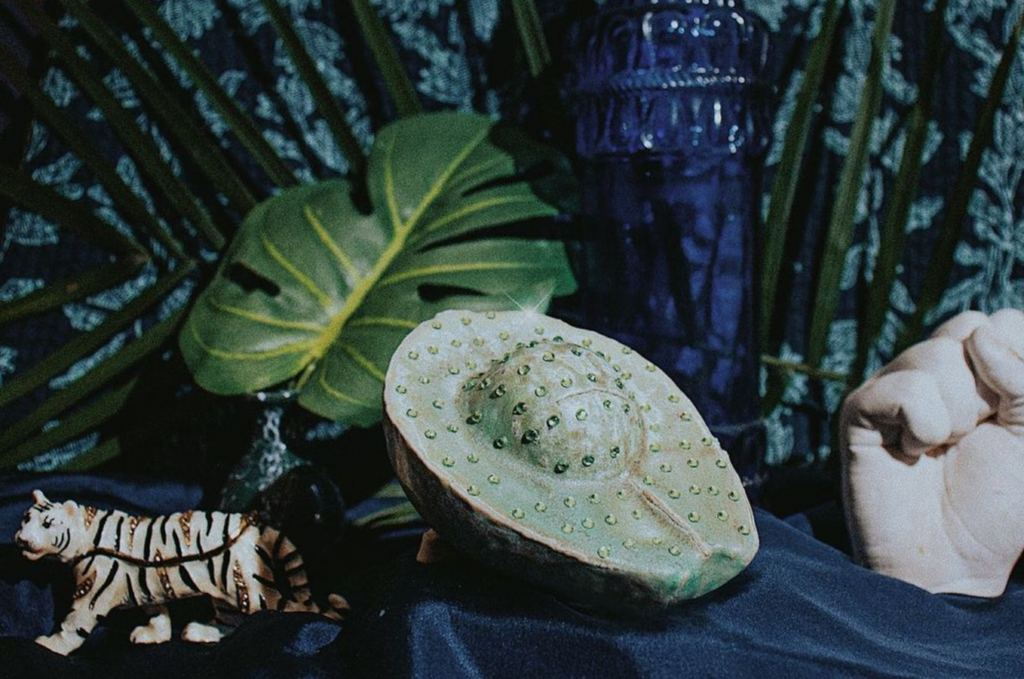
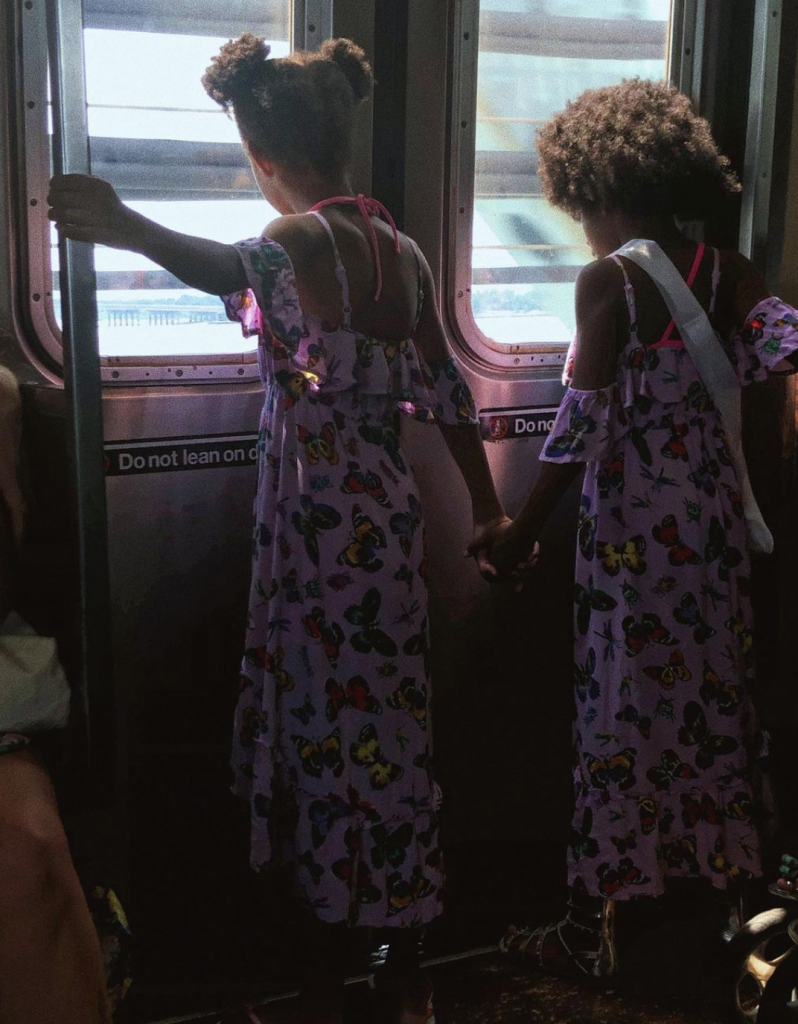
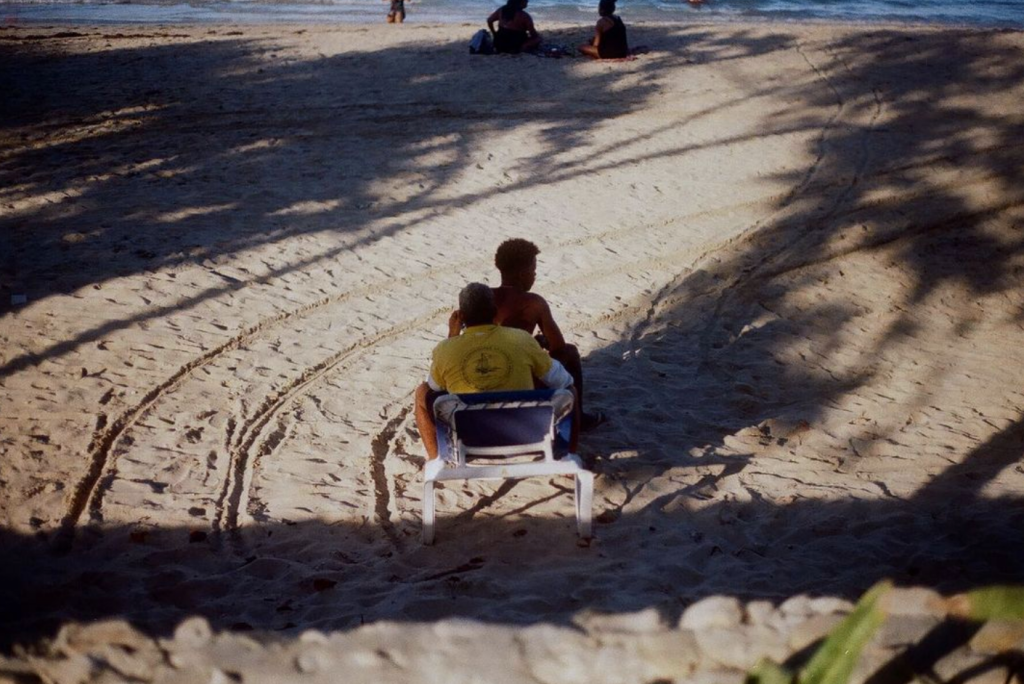
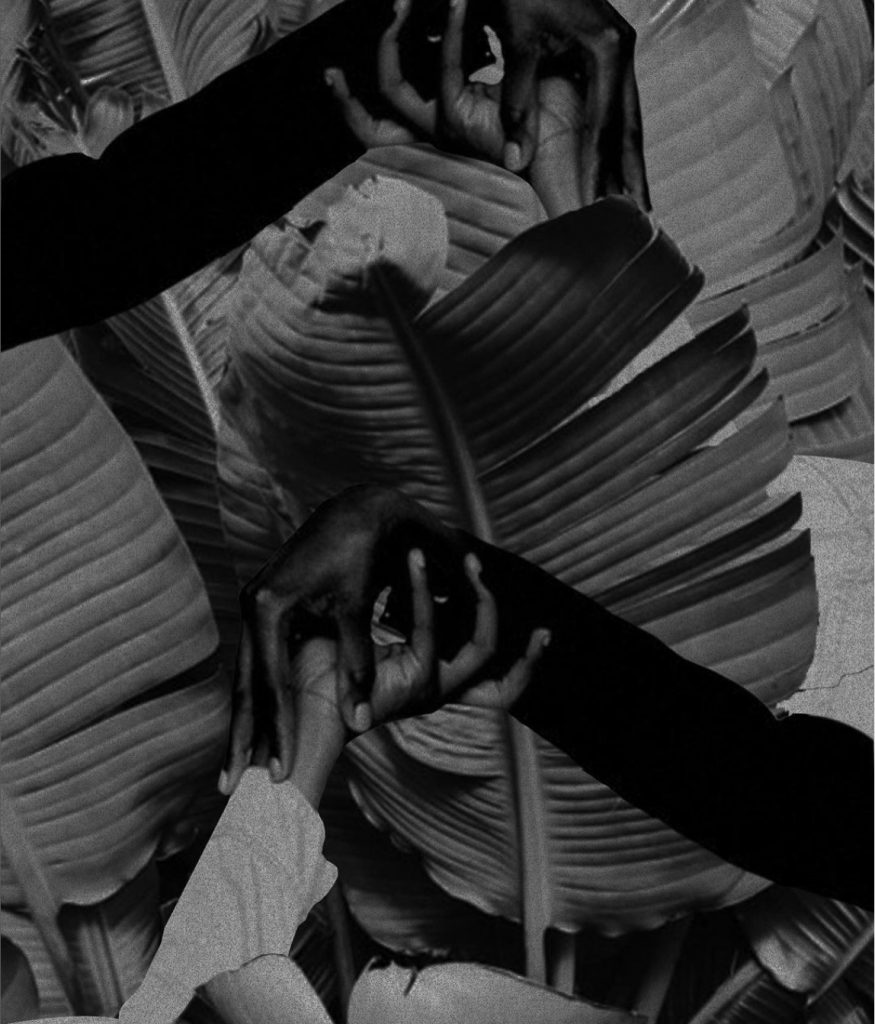
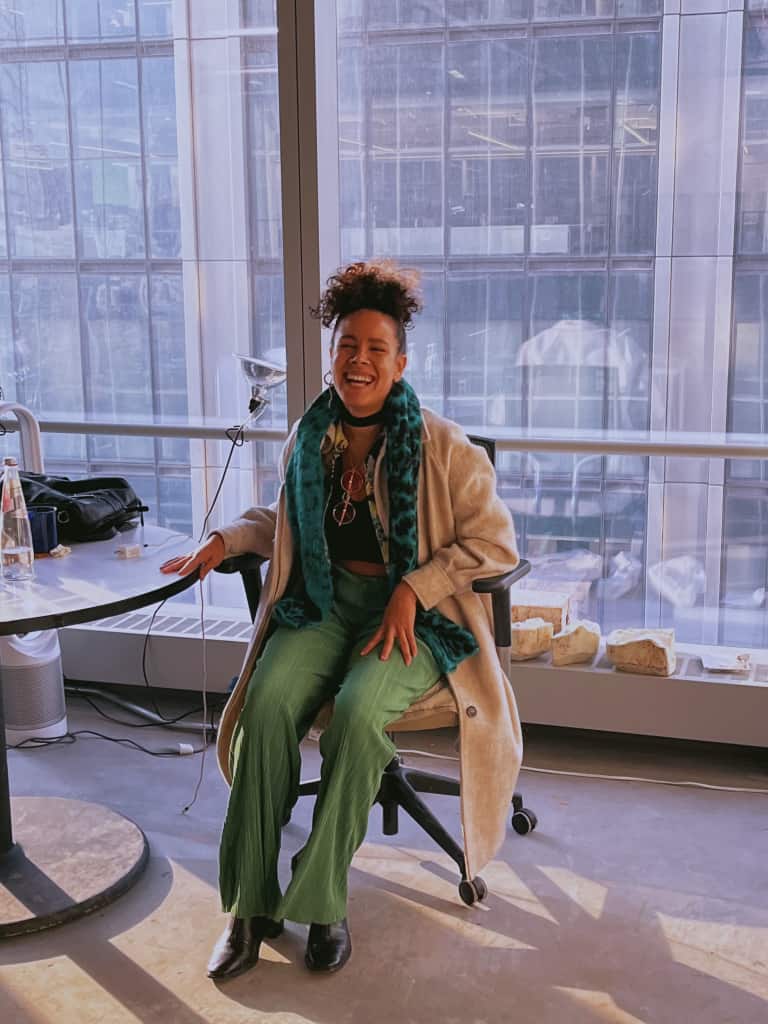
Follow Patricia on social media >
✽ Website
You liked this article ? Let us know !
TAG :
#Caribeart #CaribbeanArtist #Caribbean #Caribe #Photography #Sculpture #Nature #Landscape #Collage #Caribbeanemergingartist #Performance #Objects #WhiteCube #RedefiningArt #Contemporaryart #Queer #Selfdevelopment #Culture #People #Art #Artistes #Artist #Digital #Blog #Magazine #Mag #Webmag #New #English #Espanol
